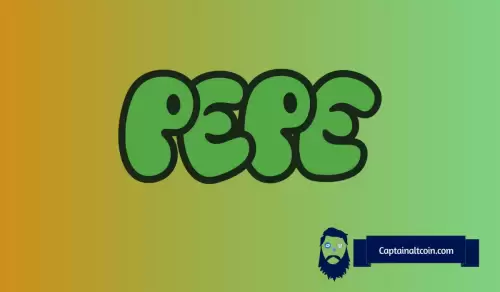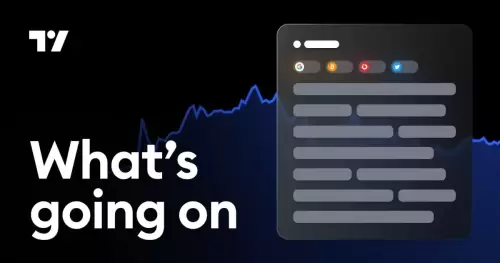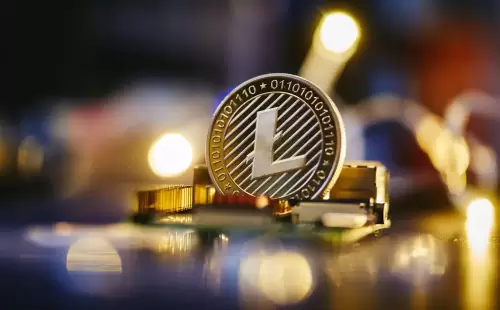 |
|
 |
|
 |
|
 |
|
 |
|
 |
|
 |
|
 |
|
 |
|
 |
|
 |
|
 |
|
 |
|
 |
|
 |
|

Artificial intelligence (AI) is rapidly advancing, blurring the lines between real and synthetic online interaction. As a result, there is an urgent need for a secure and verifiable way to distinguish humans from AI bots.
World, a crypto project aiming to create a global identity standard, is hoping to fill this void. The project uses biometric scans of individuals’ irises to create unique, anonymized IDs that grant access to World’s crypto ecosystem and its Worldcoin token.
However, the technology has met with skepticism and privacy concerns in multiple countries.
Spain’s data protection agency blocked World’s operations last year over concerns about the collection of minors’ data. Similar regulatory scrutiny followed in France, South Korea, Hong Kong, Portugal, and others. However, the group claims all biometric data remains anonymous.
World’s US entry comes on the heels of Trump’s pledge to make America “the crypto capital of the planet.” That pivot in policy has opened the door for Altman and his venture to reposition the US at the centre of its operations after previously lamenting a climate of regulation that made domestic expansion untenable.
“There were very good reasons why we focused on making sure that the product worked in the entire world before coming to the United States,” said Adrian Ludwig, chief architect at Tools for Humanity, the company behind World. Among those reasons were significant regulatory risks.
World has raised around $200 million in funding from major venture firms including Andreessen Horowitz, Khosla Ventures, and LinkedIn co-founder Reid Hoffman.
World is now partnering with dating app giant Match Group to verify users on platforms such as Tinder, a move the company says could enhance safety and reduce online scams. Ludwig also said the technology could be integrated into social networks, including potentially OpenAI’s rumoured platform—or even rival services like Elon Musk’s X or Meta.
The company is exploring smaller, handheld versions of its orbs and plans to eventually integrate its identity system into everyday devices like webcams or smartphones.
Despite facing criticism over privacy, Ludwig emphasized that the platform’s long-term viability would be shaped by its utility and revenue model.
“In 18 months or so we will begin to see the costs of operating the network begin to be offset by the fees that are generated by the network,” he said.
World is currently unprofitable, but Altman and his team are betting that as AI deepens online deception, the need for verified digital identity will only grow.
免责声明:info@kdj.com
所提供的信息并非交易建议。根据本文提供的信息进行的任何投资,kdj.com不承担任何责任。加密货币具有高波动性,强烈建议您深入研究后,谨慎投资!
如您认为本网站上使用的内容侵犯了您的版权,请立即联系我们(info@kdj.com),我们将及时删除。
-

-

-

- Pepe Price降低趋势:专家警告信号还会有更多下降吗?
- 2025-08-05 20:00:00
- 佩佩正面临销售压力。专家警告说,潜在的持续更正的潜在延续。进一步的下降趋势是不可避免的吗?
-

- Coinbase的下一个剧本:回购,比特币和大胆的收购
- 2025-08-05 19:56:35
- Coinbase正在采取行动!从潜在的比特币购买到战略收购,请参阅他们如何导航加密货币景观和关注增长。
-

-

-

-

-

- Shiba Inu的排名:加密货币发生了什么?
- 2025-08-05 18:00:00
- 随着内部问题和市场动态影响其在加密货币景观中的地位,什叶邦(Shiba INU)(SHIB)面临排名的挑战。





























































